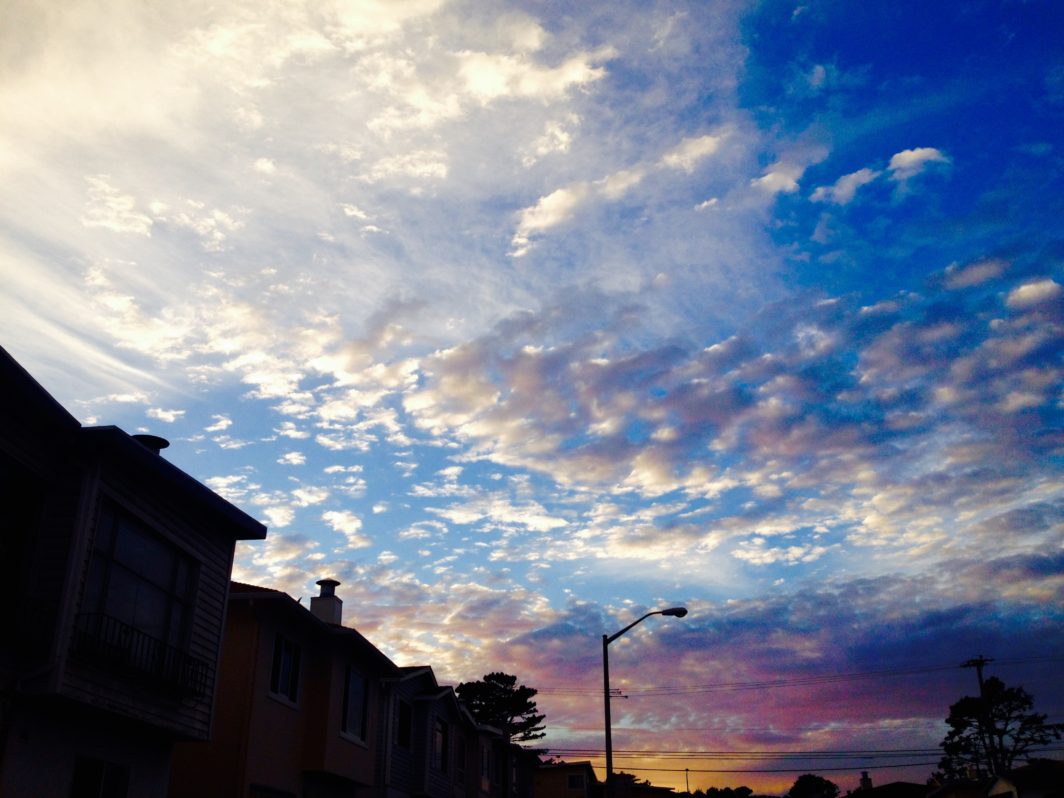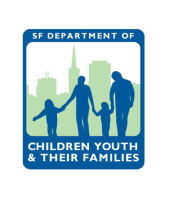“I am glad I will not be young in a future without wilderness.”
-Aldo Leopold
Sadly, for many of us, this is becoming a dark reality. I mean, with all the industrialism and deforestation going on, it’s hard not to think about what our future will be like. I cannot ignore the fact that there are only six miles of atmosphere left between us and the void of space above us, or how there’s only 2.5% of drinkable water left on the planet, and most of that is trapped in arctic glaciers.
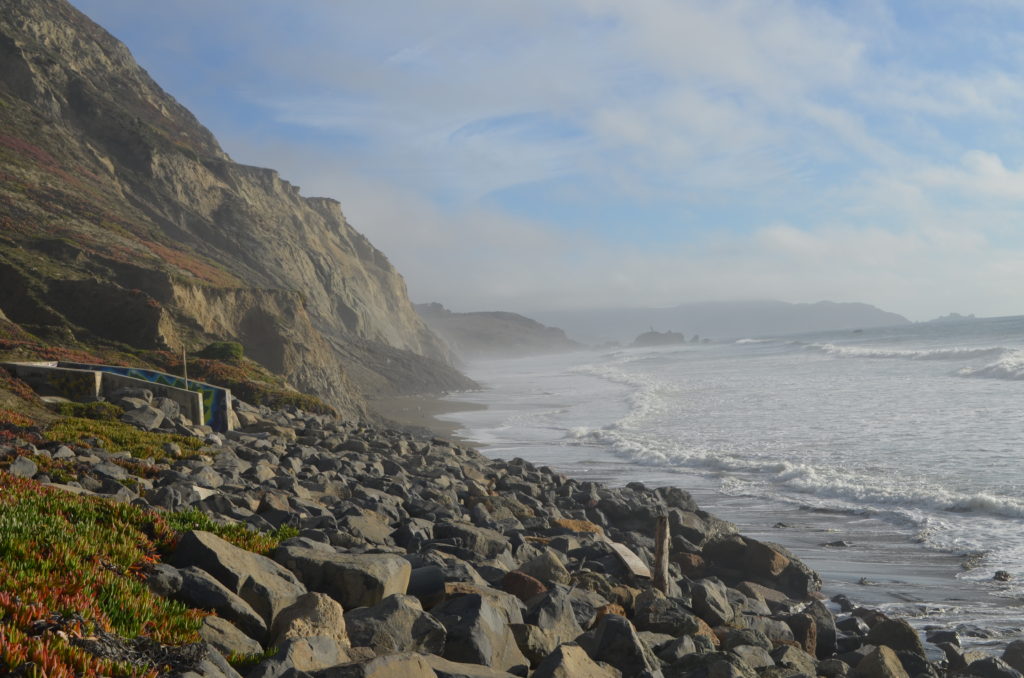
If these facts come as a shock to you, then just know that you’re not alone. Everywhere around the world, people are finally waking up—they are planting more trees, putting an emphasis on recycling, and conserving more than the generation before them. For the first time in decades, environmental awareness has reached the public, youth and elderly alike. But is this enough? The answer is no.
Don’t get me wrong, it’s great that change is being made everyday, but more has to be done, simply because the damage we’ve caused to our planet is too bad of shape to say that it’s okay to just recycle a bottle and think that will save the Earth. Now, I’m not trying to tell you to stop recycling. It’s great that you’re taking the commitment to help preserve! But what I’m saying is that we need to start changing some of our daily habits, something that is very tough for many of us.
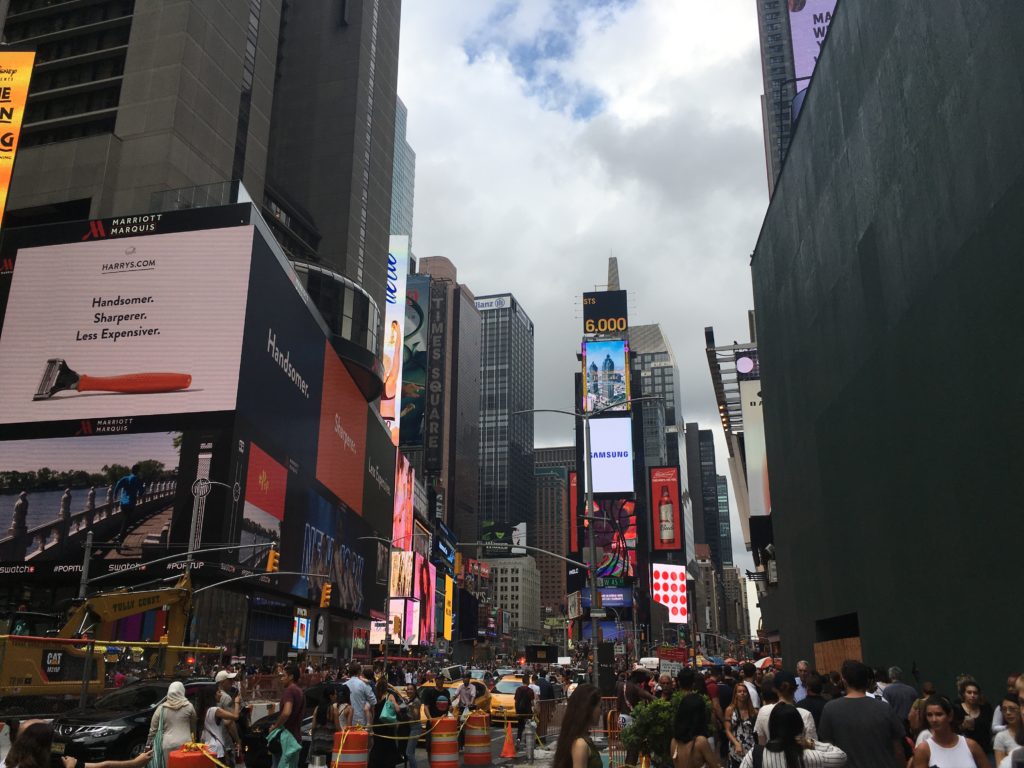
Daily habits…? But I already take the bus!
Yes, now that’s a good start!
Quick fact: Did you know that if you switched your daily commute from car to public transportation, you could be preventing over 4,800 pounds of carbon emission annually?
Source: American National Transportation Agency
That’s right, a whopping 4,800 pounds of emissions can be prevented every year if you took the bus. That means that for a class of 30 students, you can stop an astounding total of 144,000 pounds of carbon emissions from entering our atmosphere in a year! That’s equivalent to about 36 cars!
It takes small changes like this to make a lasting change on the environment, but the opportunities are limitless. And if you can’t bus simply because of time restraints, for example, you could always carpool or take the subway. Plus, you can save some serious bucks if you took the bus or subway to work! Here’s another practical one: Instead of drinking from a water bottle, you can switch to an eco-friendly reusable bottle! By using a reusable bottle, you not only save plastic from being dumped into our oceans, but you also save a lot of money too! In a year, using a water bottle instead of a reusable one would amount to approximately $1,800, or about $4.98 a day for plastic bottles. Compare that to a reusable bottle with a water pitcher, which would only be about $70 in a year, or about 19 cents a day.
Source: Banthebottle.net
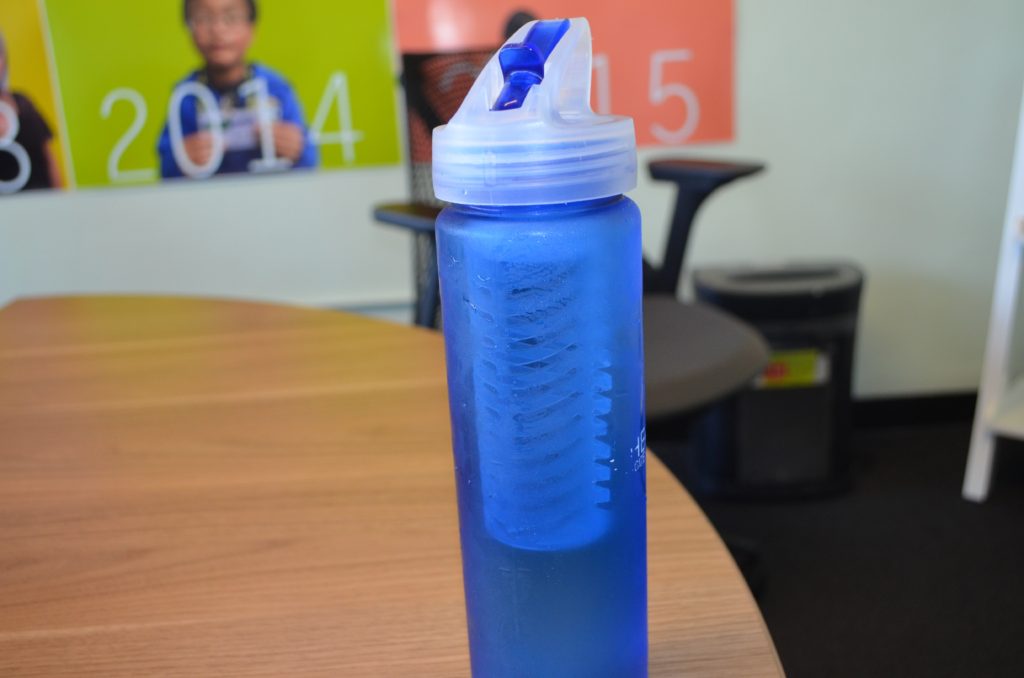
Already, you see the huge differences in what you can save, both in cash and resources! Plus, it’s not a huge inconvenience to become more eco-friendly everyday. Or, if you are a student/teacher, try basing assignments digitally! By converting to electronic means—having assignments turned in by email or creating online presentations—you can save the paper, ink, and other excess byproducts that come as a result of printing.
These are just some of the many ways that you can help make a change, even if you have a busy schedule or just don’t have the time to go and plant trees. It may seem difficult at first, but changing your daily habits can ultimately become a positive influence in your life! By changing to eco-friendly means, you leave a greener footprint which makes a huge difference each and everyday.

